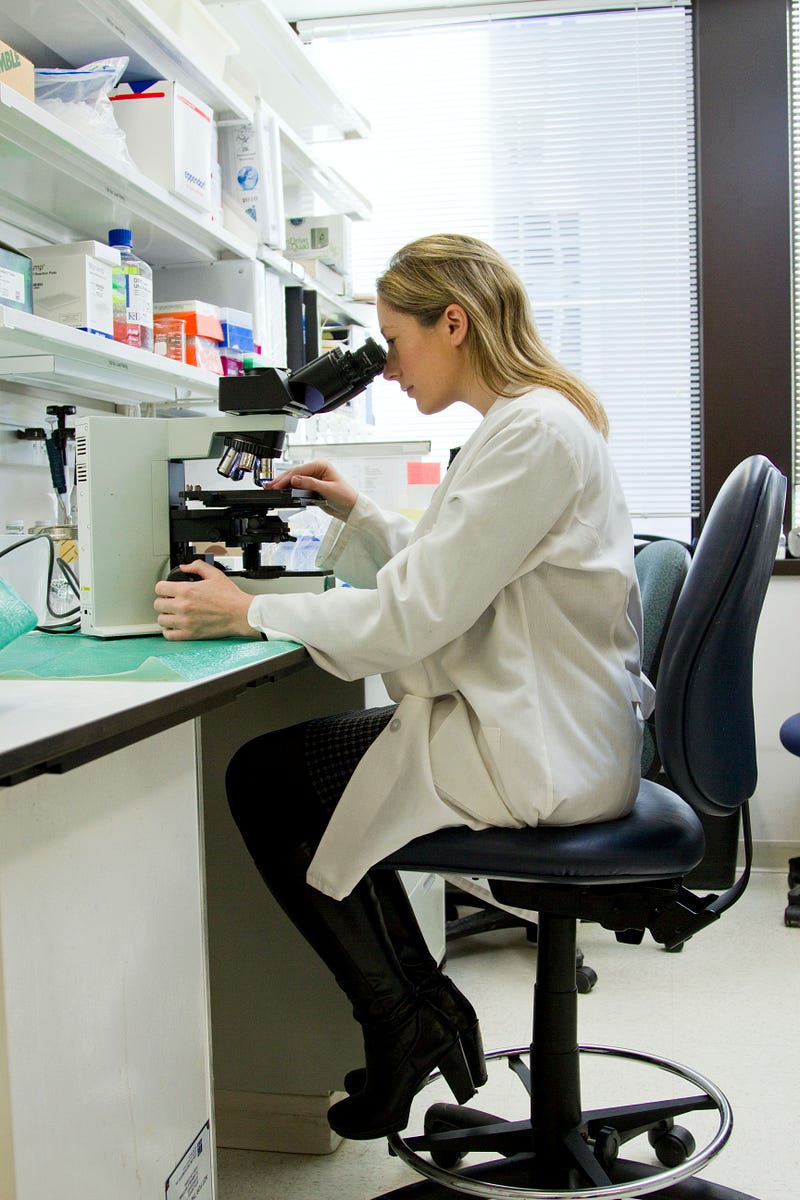
# Hematology and Medical Oncology: Pioneering Advances in Blood Disorders and Cancer Treatment
Hematology and medical oncology are two closely intertwined fields that play a crucial role in diagnosing, treating, and researching blood disorders and cancer. These disciplines have made remarkable strides in understanding the complexities of these diseases, leading to groundbreaking advancements in patient care. In this article, we delve into the world of hematology and medical oncology, exploring their significance in improving outcomes for patients worldwide.
## Hematology: Unraveling Mysteries of Blood Disorders
Hematologists specialize in the study of blood-related conditions, encompassing a wide range of diseases such as anemia, bleeding disorders (hemophilia), clotting disorders (thrombosis), or hematological malignancies like leukemia or lymphoma. Key areas within hematology include:
1. **Blood Cell Formation:** Understanding how different types of blood cells develop from stem cells is fundamental to diagnosing various disorders. Hematologists investigate factors influencing cell production, maturation abnormalities, or genetic mutations affecting normal blood cell function.
2. **Diagnosis & Monitoring:** Utilizing advanced laboratory techniques like flow cytometry or molecular testing allows hematologists to accurately diagnose specific blood disorders while monitoring disease progression over time — a critical aspect for effective treatment planning.
3. **Transfusion Medicine:** Ensuring safe transfusions by matching compatible donor units with recipients plays a vital role within hematology — particularly important for individuals with severe anemia or those undergoing complex surgical procedures.
## Medical Oncology: Advancing Cancer Care
Medical oncologists focus on preventing, diagnosing, treating cancers using therapies such as chemotherapy, targeted therapy drugs, immunotherapy interventions alongside supportive care strategies tailored to each patient’s needs:
1. **Cancer Diagnosis & Staging:** By utilizing imaging technologies (MRI scans) or tissue biopsies alongside molecular profiling methods (genomic sequencing), medical oncologists accurately diagnose cancer types and determine their stage — essential for appropriate treatment planning.
2. **Multidisciplinary Treatment:** Collaborating with surgical oncologists, radiation oncologists, and other specialists, medical oncologists create comprehensive treatment plans that may include chemotherapy, targeted therapies (aimed at specific molecular abnormalities), or immunotherapies (boosting the body’s immune response against cancer cells).
3. **Precision Medicine & Personalized Therapies:** Advancements in genetic testing have facilitated personalized approaches to cancer treatment. Identifying specific mutations or biomarkers within tumors enables medical oncologists to select therapies most likely to be effective while minimizing side effects.
## Research & Innovations
Hematology and medical oncology are dynamic fields characterized by ongoing research efforts aimed at improving patient outcomes:
1. **Clinical Trials:** Participation in clinical trials allows patients access to innovative treatments not yet widely available — an opportunity for improved responses or potential breakthroughs in disease management.
2. **Immunotherapy Breakthroughs:** Recent advancements in immunotherapy have revolutionized cancer treatment paradigms by harnessing the power of the immune system to target and eliminate cancer cells — offering new hope for patients with previously limited options.
3. **Genomic Profiling & Precision Oncology:** The ability to analyze an individual’s tumor genome has paved the way for precision medicine — a tailored approach based on a patient’s unique genetic makeup that maximizes therapeutic efficacy while minimizing unnecessary treatments.
## Patient-Centered Care & Supportive Services
Recognizing that blood disorders and cancer impact patients holistically, both hematology and medical oncology emphasize patient-centered care:
1. **Psychosocial Support:** Integrating psychological support services into overall care helps address emotional challenges faced by patients during diagnosis, treatment progression, survivorship stages — ensuring holistic well-being throughout their journey.
2. **Palliative Care & Survivorship Programs:** Palliative care focuses on symptom management, enhancing quality of life for patients facing advanced or incurable diseases. Survivorship programs cater to long-term survivors — offering support and monitoring for potential late effects or recurrence risks.
## Collaboration & Future Directions
Hematology and medical oncology continue to evolve as collaborative disciplines:
1. **Multidisciplinary Approach:** Combining expertise from various specialties fosters a comprehensive approach to patient care, facilitating optimal treatment decision-making while minimizing complications.
2. **Advancing Targeted Therapies:** As researchers uncover new molecular targets within cancer cells, the development of more precise targeted therapies holds promise for improved outcomes and reduced side effects.
3. **Early Detection & Prevention Efforts:** Ongoing research aims at identifying early markers or risk factors associated with blood disorders and cancers — enabling earlier intervention or prevention strategies that save lives.
The fields of hematology and medical oncology have made remarkable progress in diagnosing, treating, and understanding blood disorders and cancer. Through ongoing research efforts, personalized therapies, multidisciplinary collaboration, and patient-centered care approaches — the collective goal remains clear: improving outcomes for individuals affected by these diseases while striving towards a future free from the burden of blood-related conditions and cancer.
*Note: This article provides an overview based on current knowledge; it does not replace professional medical advice.*

No comments:
Post a Comment